-
Learning Support
We believe that learning in a diverse environment has the potential to confer benefit for all learners, teachers, and our community.
At CMIS we provide support for a managed number of students with mild to moderate learning needs, and plan to open a program for students with intensive needs (e.g. developmental and intellectual disabilities) in August 2016.
Some students have learning difficulties that make it harder for them to understand subjects and school life. These students may need extra or different help and they may require learning support of some kind at different times during their education. CMIS provides extra support to students in order to reach their full potential. Your child’s school years are a very important time for their physical, emotional, intellectual and social development. If you have any worries of your own, you should ask for advice straight away. You should first go to your child’s homeroom teacher, the Learning Support Coordinator (the person in the school who is responsible for coordinating help for children with learning difficulties) or the head teacher. When parents work together with their child’s teachers it often helps sort out worries and problems. The closer parents work with their child’s teachers, the more successful any help for a child can be.
To promote CMIS inclusion the Learning Support teacher, regular homeroom teachers, parents and other personnel involved work together and have frequent communication to help a student experiencing learning difficulties achieve his potential within and outside the classroom environment. In the classroom, help may be given in the form of accommodations and modifications (e.g. allowing oral answers during testing for a student who has a learning disability in reading and writing, reducing the number of items in homework, etc.). We at CMIS also liaise with outside teach support providers to guarantee that we are providing the support the student needs.
Learning Support teachers work closely with Subject teachers to assess needs and issues arising in the classroom. Some examples of assistance offered are:
- Pull-outs to work on their individualized goals in a one-to-one setting
- In class individualized help for mainstream classes
- Accommodations and modifications (e.g. allowing oral answers during testing for a student who has a learning disability in reading and writing, reducing the number of items in homework, etc.)
- Comprehensive in-school achievement testing
- Math’s support
- Promoting behavioral and organizational skills
Support for Mild to Moderate Learning Needs
Students with learning needs learn best when they are educated with typically developing peers to the maximum extent possible. We are able to meet with needs of most students in the regular classroom with differentiated instruction through accommodations and consultation. Some students may receive additional support in class through
- Small group instruction,
- Point-of-performance support or
- Co-teaching.
Students with mild and moderate learning needs who require a higher level of support may attend a small group learning support class to work on the individualized learning goals on their Individualized Education Plan (IEP).
Student Support
CMIS believes that every person is born with a talent.
Every learner is different. We all possess strengths and weaknesses that shape our experiences and perspectives. To address the uniqueness of each child at CMIS, we maintain a strong support services programme that provides encouragement and guidance for those in need, as well as those with special gifts.
Student support specialists work collaboratively with teachers to optimize the teaching and learning process for students with learning differences. In this way, students with particular learning needs are supported in their pursuit of individual excellence. The approaches and support offered by student support teachers and academic assistants are differentiated based on age-appropriate strategies:
Primary Years Student Support Programme
- Homeroom and student support teachers communicate and collaborate to support students through the learning process.
- All students have clear learning goals documented in individual support plans.
- A range of interventions are utilized to best support individual student learning needs.
- Early intervention for 3 to 8-year-old students, when required, is highly valued.
- Home
- Explore CMIS
- -- Welcome
- -- Vision & Mission
- -- Organogram
- -- Our Leadership
- -- Faculty
- -- Our Classes
- -- Assessment Policy
- -- Language Policy
- -- Library
- Admissions
- -- Visit CMIS
- -- Application Process
- -- FAQ
- -- Apply Online
- Curriculum
- -- Early Years
- -- Elementary School
- -- Secondary School
- -- Learning Support
- -- Counseling
- -- Athletics
- -- Music
- -- Performing Arts
- School Life
- -- Calendar
- -- News Letter
- Contact US
- -- Careers
- -- Directions
- -- Dhaka Campus
- -- Chattogram Campus
- Blog


